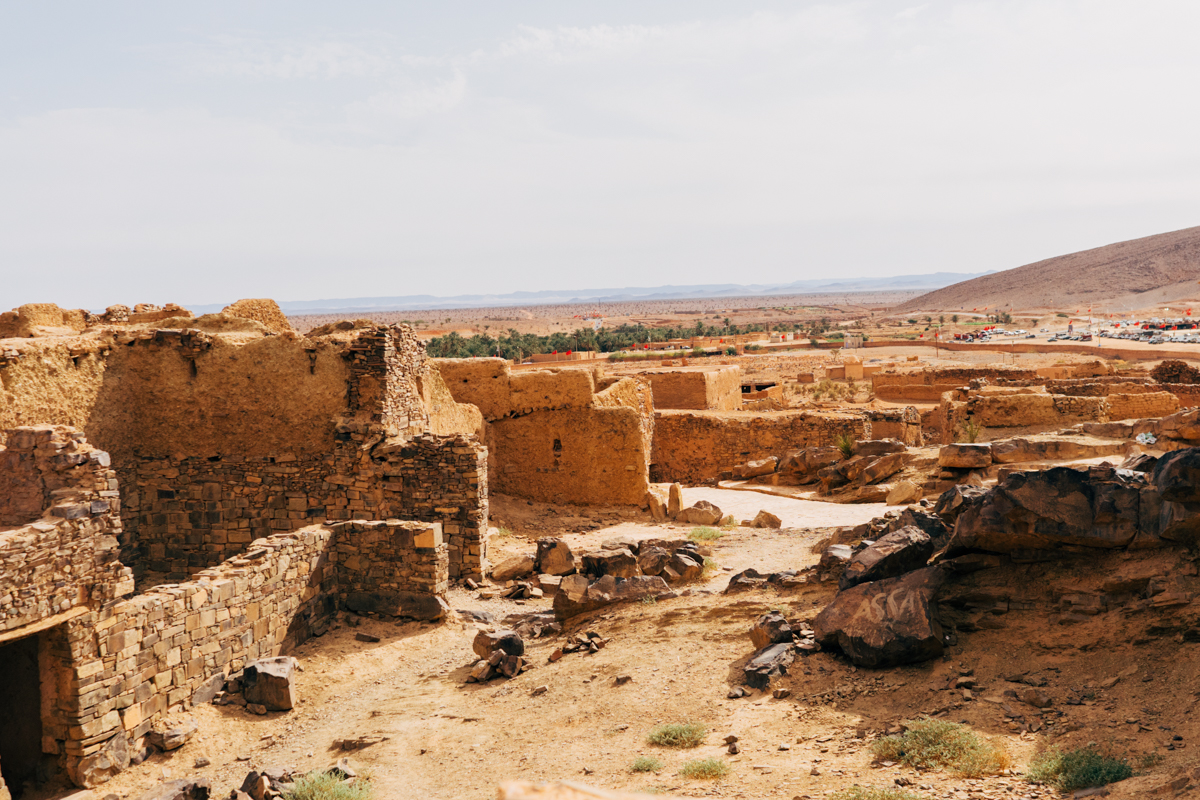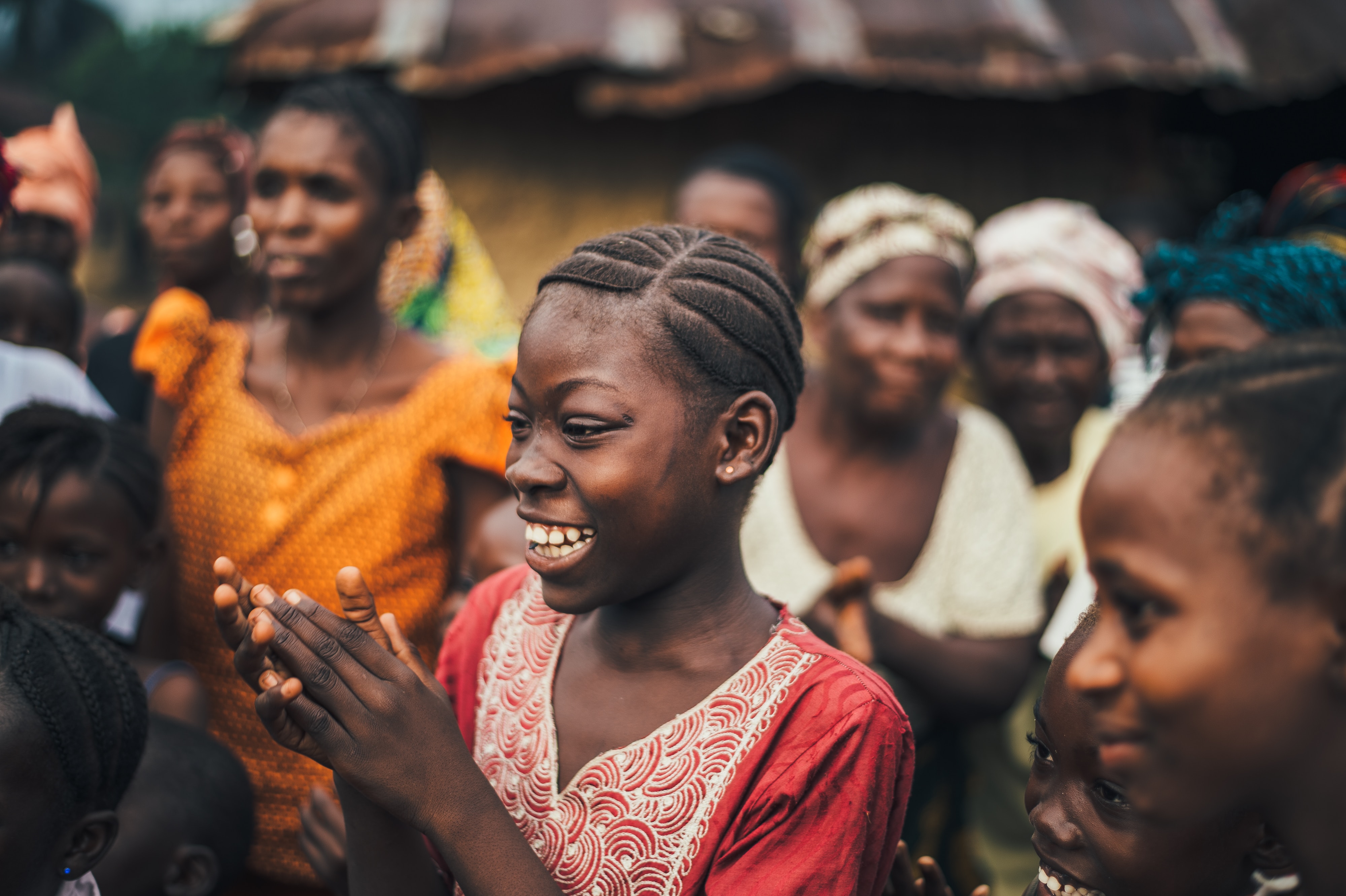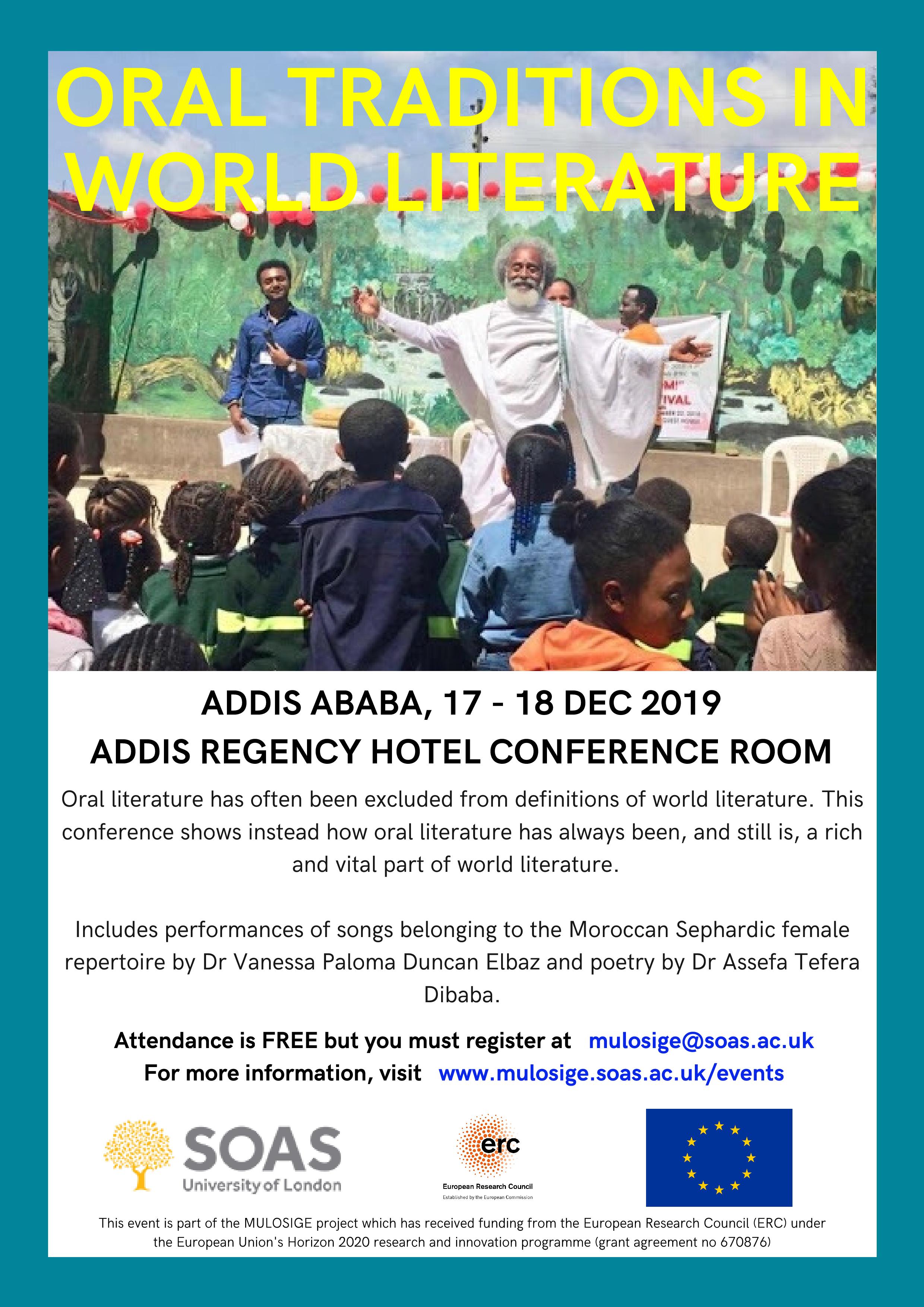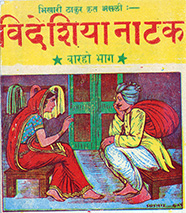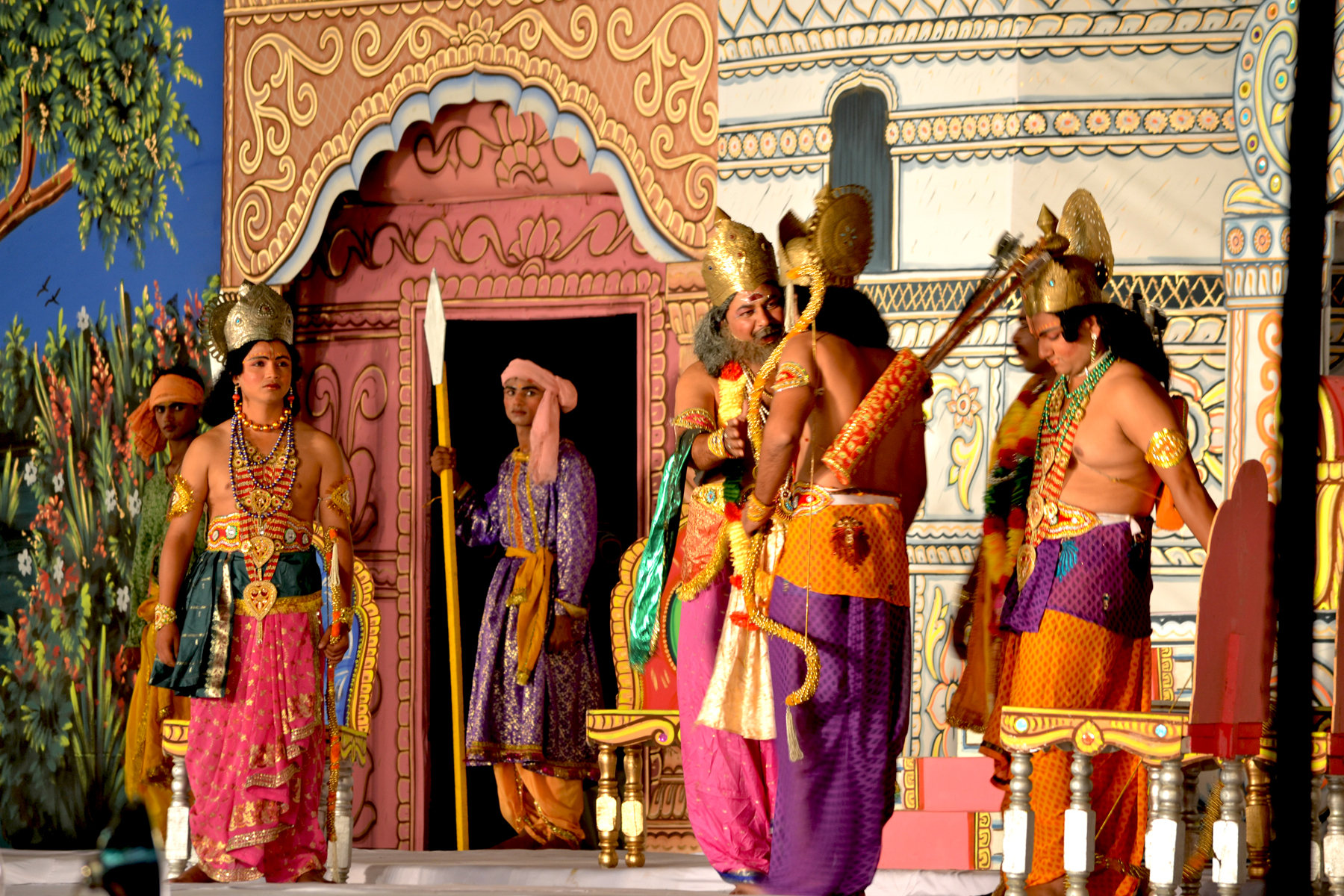Orality and Oral Forms
Orality is often overlooked in studies of world literature, despite the fact that oral genres comprise a vast proportion of literary practice. As part of our effort to privilege genres, themes, and mediums that are hitherto under-acknowledged in studies of World Literature, we aim to engage with orature as a literary practice.
Languages which are critically endangered or socially/politically marginalised are doubly erased if our view of World Literature continues to privilege textual mediums. Our project is mindful of these challenges and attempts to pay critical attention to genres of oral literature in the three regions of this project. We especially welcome approaches to the study of orature that embraces or engages with the potential of digital platforms like YouTube, Spotify and E-Book providers.
Voices from Broken Places – Recording with Professor Assefa Dibaba
Dr Assefa (aka Asafa) Tefera Dibaba is a poet,
Contemporary African Oral Traditions – Roundtable Recording
Orature plays a determinant role in literary expression around the world, but unwritten verbal arts have been explicitly excluded from definitions of world literature. Watch the recording from the roundtable on Contemporary Oral African Traditions to learn more about orature's place in world literature.
Oral Traditions in World Literature – Conference Programme
The MULOSIGE project (Multilingual Locals, Significant Geographies: SOAS University
MULOSIGE Reading List: Orature, World Literature and Mobility
Professor Catherine Servan-Schreiber (CNRS Paris) offers a reading list that explores orature and mobility in North Indian popular culture.
Oral Traditions in World Literature – Addis Ababa Conference
In this conference, we argue that oral traditions are a vital component of world literature, and not only as an antecedent to written literatures, but in their own right. The conference seeks to move past the characterisation of oral literature as traditional, locally constrained, and less aesthetically complex than written literatures. We will show instead that oral traditions are a modern and dynamic form of literary expression everywhere around the world, sometimes able to circulate across long distances.
Being Human
In this podcast, Dr Vayu Naidu discusses the MULOSIGE project with Professor Francesca Orsini, Itzea Goikolea-Amiano and Jack Clift. As part of the Being Human festival, Dr Vayu Naidu gives a storytelling workshop at the N4 Library and discusses how multiple languages, improvisation and music can create fascinating new paths for stories and literature to travel across the world.


